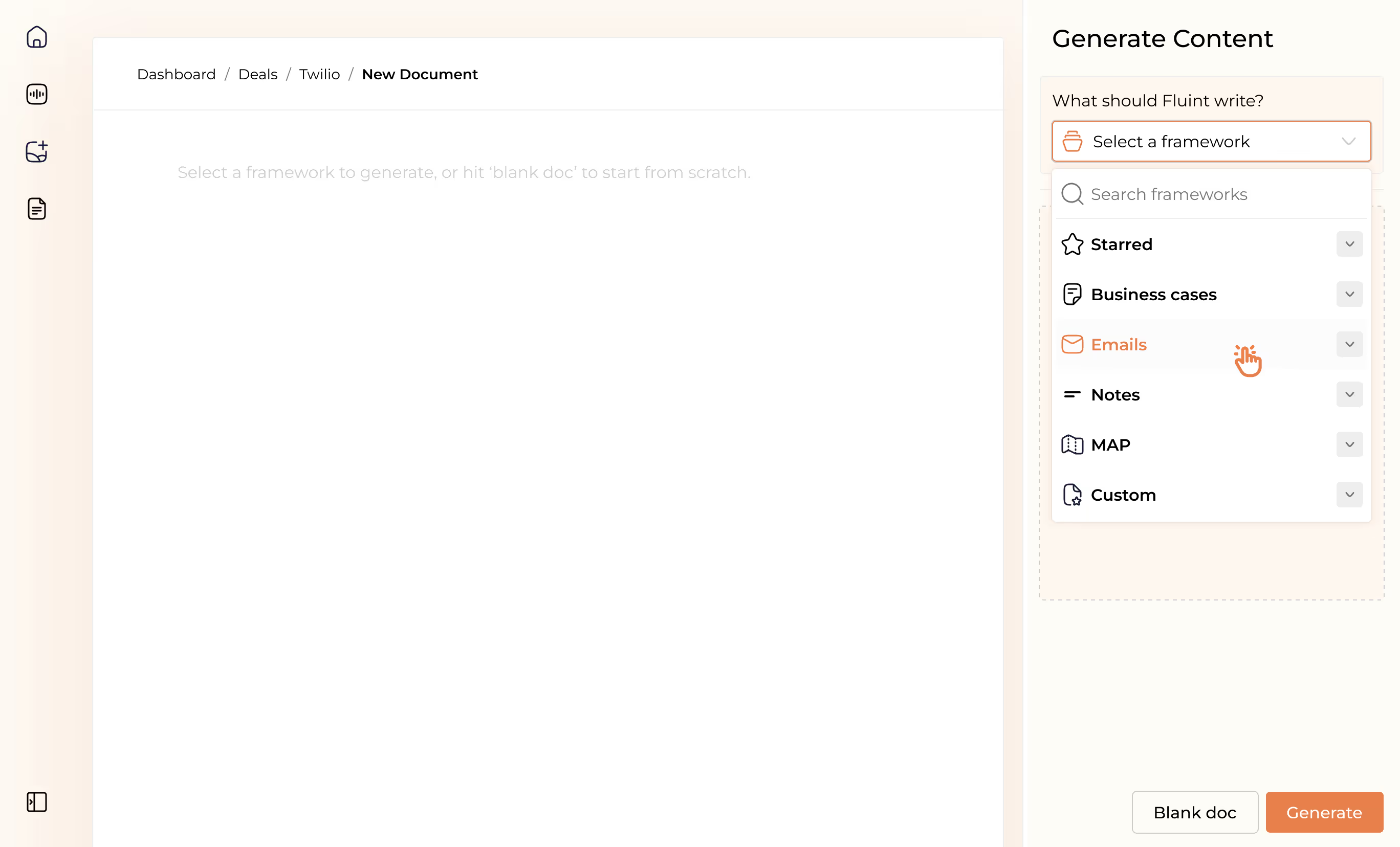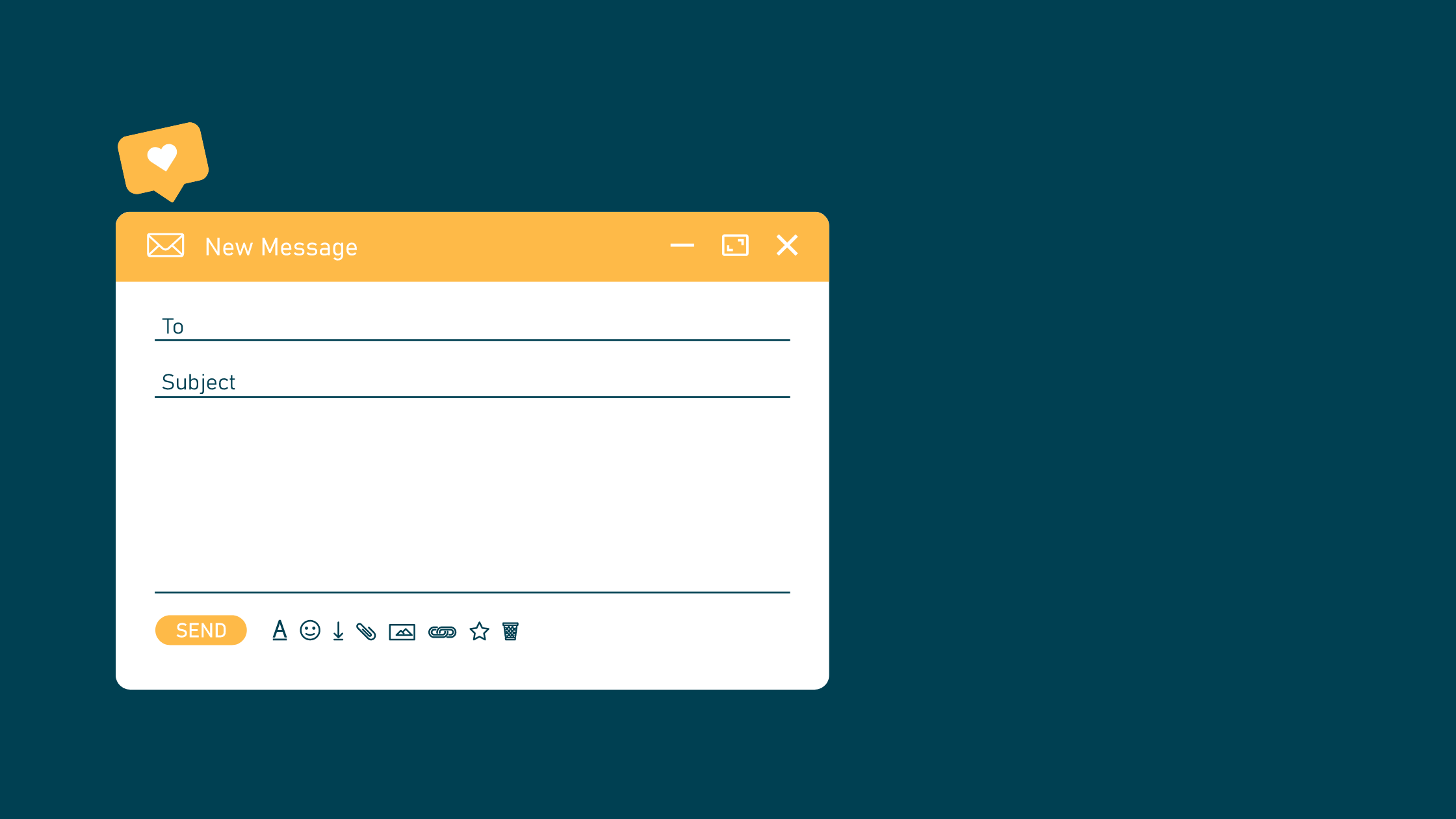Working Backwards: Designing Deals with a Concise, 1-Page Press Release


TL;DR
Here’s a move 98% of sellers will ignore.
Which is unfortunate, because it’s landed me and my teams multiple 6 and 7-figure deals. And it’s as close as I can come to guaranteeing you executive attention:
Build a future-state press release, with a headline that’s the outcome of something you enable for your customers.
It's a way to "work backwards" from your customer's desired outcome, to help design your deals accordingly.
Which is an approach and way of thinking first created inside of Amazon:
There are two ways to extend a business. Take inventory of what you're good at and extend out from your skills. Or determine what your customers need and work backward, even if it requires learning new skills.
- Jeff Bezos
Crafting a Compelling One-Pager
This is a subtle yet massively important distinction:
- Most sellers begin with their product, and work forward searching for a problem to match.
- The top sellers start with customer's priorities, and work backward. Designing a path to get them there, even if it requires creating new capabilities inside their company.
It's a close cousin to the process of writing a compelling one-pager, another Amazon staple. A strategic document designed to:
- Condense complex ideas into short, simple soundbites on key topics.
- A data-driven and well-framed understanding of the problem to be solved.
- Setup a thoughtful conversation when multithreading with large groups and executives.
- Create a point of view on the expected value of a new project.
How to Write a "Future State Press Release"
Here’s a step-by-step break down, with some pro tips I've picked up over the years.
1/ Go to the “Press” or “News” section in your prospect's website footer.
Grab a past release to mirror their formatting and layout.
It's ideal if they also have a “brand kit” available on their site you can build from.
2/ Focus on a past release, quoting your target exec.
Read through direct quotes inside the release. Note tone, writing style, and choice of words.
3/ Rewrite the headline, 10 different times.
You can’t write good headlines in one take. (ChatGPT can’t either.)
David Ogilvy, copywriting legend, said he rewrote the headlines on his best performing ads up to 104 different times. Because nothing else in the content matters if this does’t land.
Think about something that stirs up strong emotion.
e.g. if you’re writing for a Chief Customer Officer, you might lead with:
[Company] lands whopping $250M Series C in downmarket, thanks to a new, “Customer-Led GTM” strategy.
Use a phrase they’re already saying to their own team too, like Customer-Led GTM.
4/ Insert a new narrative into the body.
This is where you weave in your new quotes, using their language.
Plus a rundown on what the future looks like, to help them step into it. Which will set up contrast when you deliver the press release. Remember:
Value = future payoff - current problem.
5/ “Release” the press release, creatively.
I’ve bought $10 domains like "companynamewins.com" to host it. I've also had it delivered and signed for by courier. Make it memorable.
A very important step, too: co-author this with your champion. They should have the final read and signoff, before it goes to the exec.
(If you don’t have a champion, this can also work at top-funnel.)
Get Amazon's Press Release Framework
I say 98% of reps won’t do this, because it’s not easy.
It takes extra time and creativity to write a thoughtful release, and the close rate isn’t 100%.
But man, it’s fun, life-giving, and so worth trying. For example, the most fun I've ever had using this was when a customer published the release — almost verbatim — after our deal closed.
So to make the process a bit easier, download the framework here to get started.

FAQ's on:
Why stop now?
You’re on a roll. Keep reading related write-up’s:
Draft with one click, go from DIY, to done-with-you AI
Get an executive-ready business case in seconds, built with your buyer's words and our AI.

Meet the sellers simplifying complex deals
Loved by top performers from 500+ companies with over $250M in closed-won revenue, across 19,900 deals managed with Fluint

Now getting more call transcripts into the tool so I can do more of that 1-click goodness.



The buying team literally skipped entire steps in the decision process after seeing our champion lay out the value for them.


Which is what Fluint lets me do: enable my champions, by making it easy for them to sell what matters to them and impacts their role.








